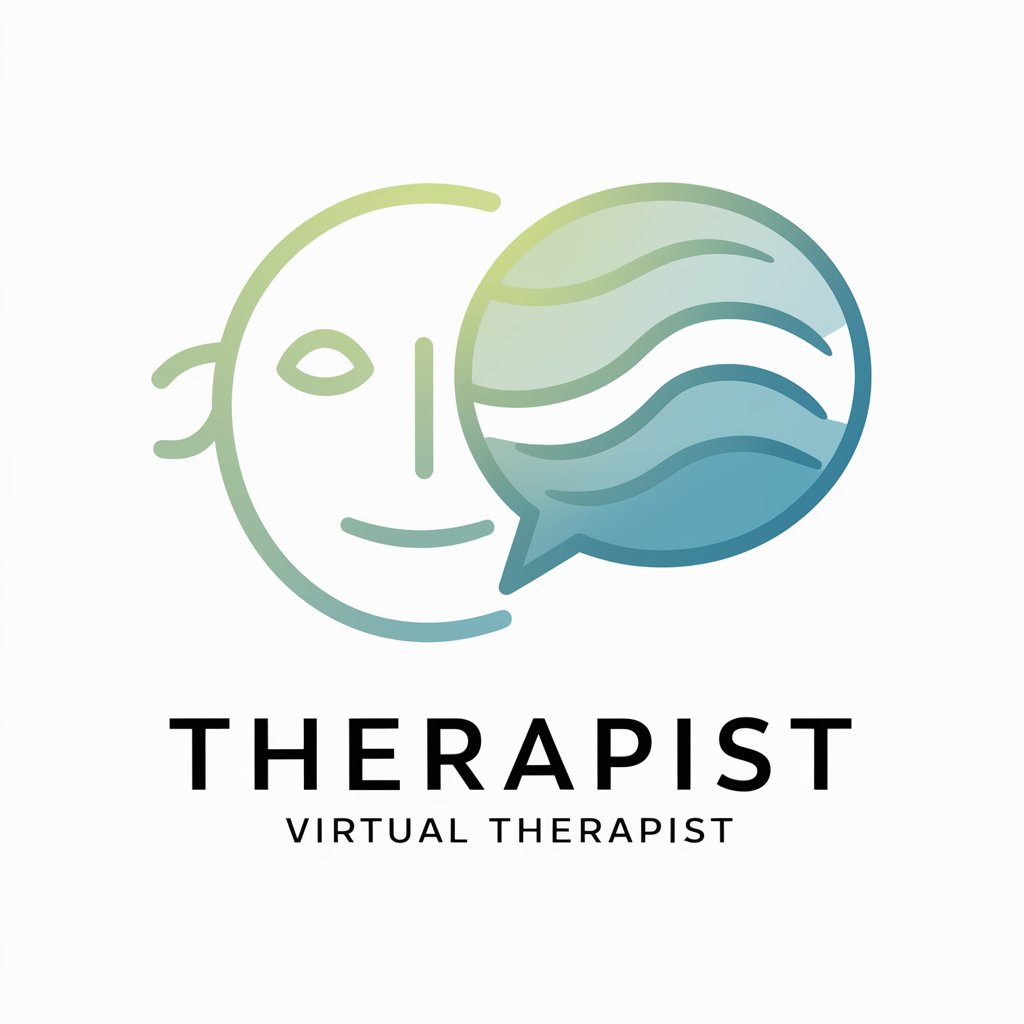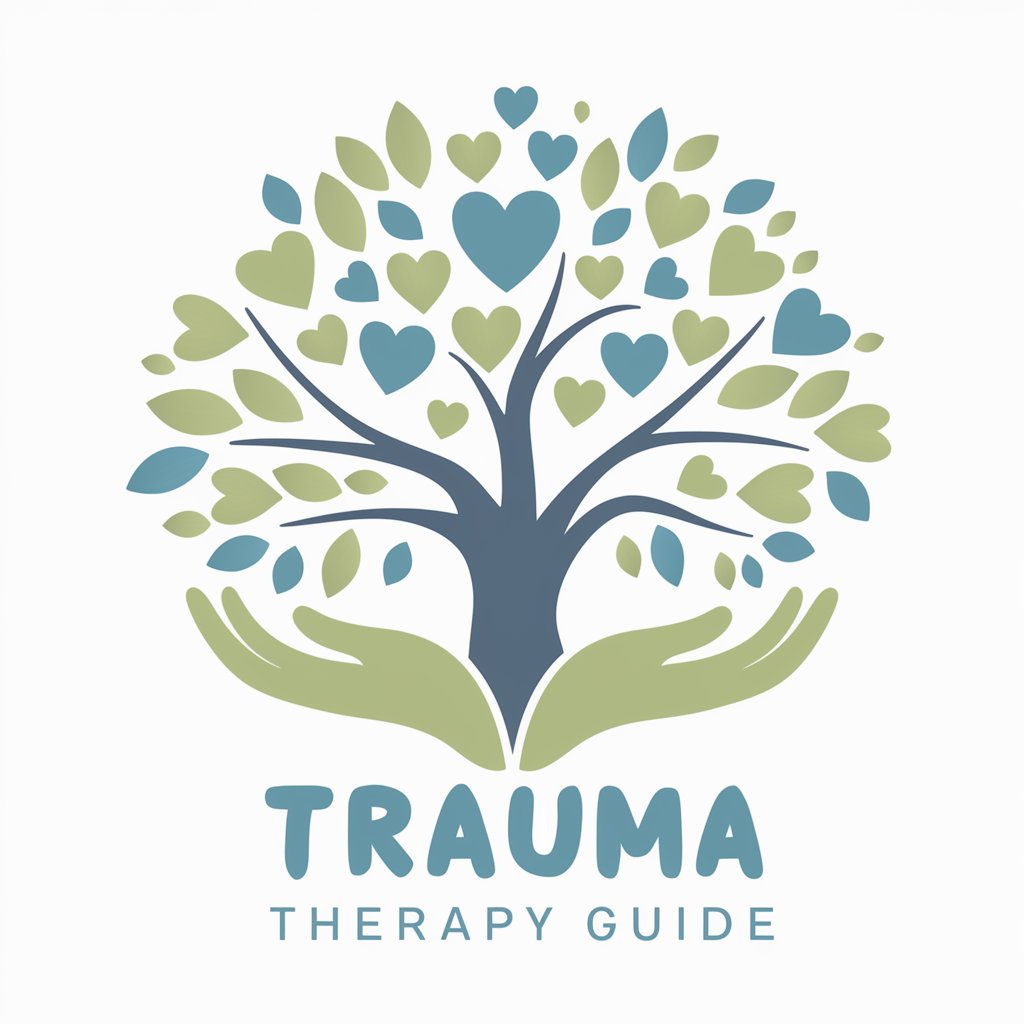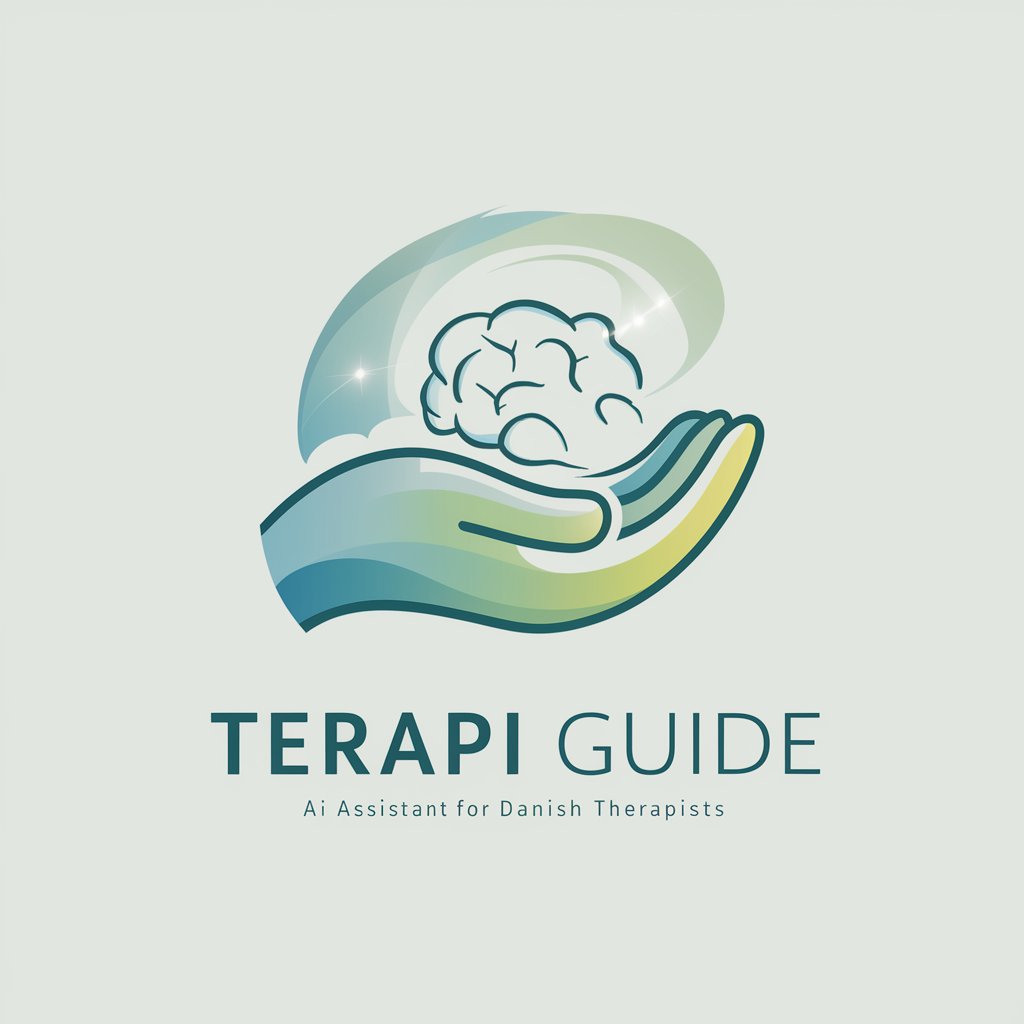
Coach Therapy Guide - ADHD, Depression, Anxiety Business Coaching
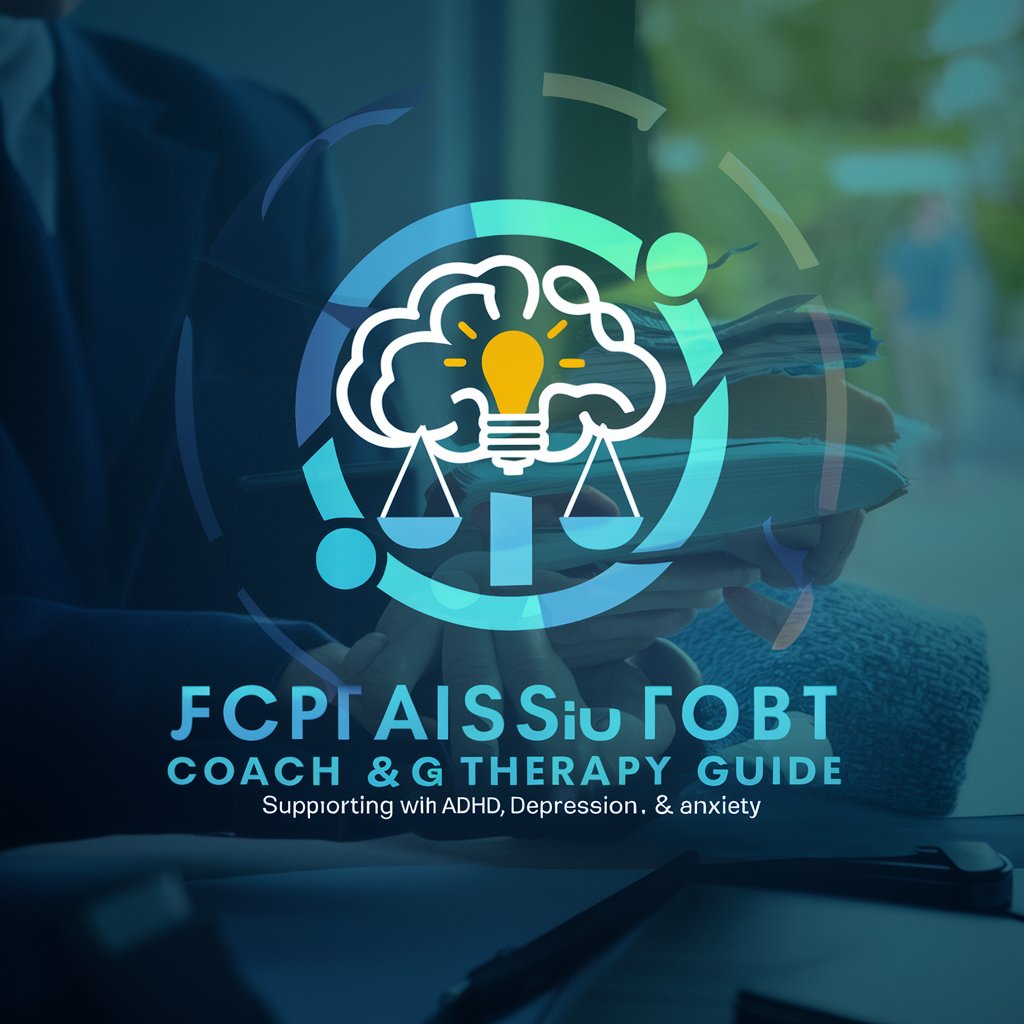
Welcome! Let's optimize your productivity and well-being together.
Empowering Entrepreneurs for Mental and Business Health
How can I improve my morning motivation and focus?
What strategies can help me organize and prioritize tasks effectively?
How do I maintain consistency in journaling and time-blocking?
What tips can help me balance work and personal life to avoid burnout?
Get Embed Code
Overview of Coach Therapy Guide
Coach Therapy Guide is a specialized digital assistant designed to offer advice and strategies for individuals managing ADHD, depression, and anxiety while running their own business. Integrating principles from various therapeutic and coaching frameworks, including the DSM-5, Gerald Corey's counseling theories, Yalom's insights, motivational interviewing techniques, CBT fundamentals, Carl Rogers' humanistic approach, Viktor Frankl's logotherapy, and Tony Robbins' motivational and business coaching, it aims to provide practical and emotional support. The guide is crafted to assist users in improving motivation and focus, organizing tasks, maintaining consistency in habits, balancing work and personal life, and managing symptoms of depression and anxiety as they relate to work and productivity. For example, it might offer strategies for starting the day with a focused mindset for someone struggling with morning lethargy due to depression, suggesting specific routines that incorporate elements of CBT to challenge negative thoughts and motivational interviewing to enhance intrinsic motivation. Powered by ChatGPT-4o。

Core Functions and Applications
Improving Motivation and Focus
Example
Techniques such as setting specific, achievable goals for the day and breaking tasks into smaller, manageable steps.
Scenario
A business owner with ADHD finds it hard to start tasks due to overwhelming thoughts. Coach Therapy Guide suggests beginning with a 5-minute timer to kickstart the task, reducing the initial resistance and gradually extending focused periods.
Organizing and Prioritizing Tasks
Example
Use of digital tools or planners to categorize tasks by urgency and importance, incorporating time-blocking for focused work sessions.
Scenario
An entrepreneur feeling swamped by tasks receives guidance on implementing the Eisenhower Matrix to distinguish between urgent and important tasks, streamlining workflow and reducing anxiety.
Maintaining Consistency in Habits
Example
Encouragement of habit tracking and accountability partnerships to sustain practices like journaling and meditation.
Scenario
A freelancer struggling with consistency in self-care routines is advised to use habit-tracking apps and find an accountability buddy, fostering a supportive environment for habit formation.
Balancing Work and Personal Life
Example
Strategies for setting clear boundaries between work hours and personal time, and prioritizing self-care activities.
Scenario
A business owner experiencing burnout learns to schedule 'hard stops' for work, dedicating evenings to relaxation and family time, thus improving overall well-being and productivity.
Managing Symptoms of Depression and Anxiety
Example
Cognitive-behavioral techniques to challenge negative thought patterns and relaxation techniques to manage anxiety.
Scenario
An individual facing work-related stress and anxiety is guided through breathing exercises and thought record sheets to identify and challenge irrational beliefs, reducing anxiety levels.
Target User Groups
Entrepreneurs with ADHD
Individuals who own or manage businesses and struggle with attention deficit, impulsivity, or organizing tasks. They benefit from strategies to improve focus, task management, and habit consistency, enhancing productivity and business growth.
Freelancers with Anxiety
Independent contractors who face anxiety impacting their ability to network, meet deadlines, or maintain consistent work quality. The guide provides techniques for anxiety management, task prioritization, and establishing a balanced routine.
Business Owners with Depression
Owners facing depressive symptoms that affect motivation, energy levels, and decision-making. They gain from approaches that boost motivation, help in setting and achieving small goals, and balance work-life to prevent burnout.
Start-up Founders Seeking Work-Life Balance
Innovators and start-up founders who are at risk of burnout from the high demands of launching and scaling a business. They benefit from strategies to delineate work and personal life, manage stress, and maintain mental health.

How to Use Coach Therapy Guide
Begin Your Journey
Access the Coach Therapy Guide by visiting yeschat.ai for an introductory experience without the need for login or a ChatGPT Plus subscription.
Identify Your Needs
Reflect on your specific challenges or areas for growth, whether they involve ADHD, depression, anxiety, or balancing work and personal life, to make the most out of the tool.
Engage with the Guide
Use the interactive chat to ask specific questions, share your experiences, or seek advice on managing your business alongside personal mental health challenges.
Apply Strategies
Implement the practical and emotional support strategies offered, ranging from CBT techniques to motivational interviewing, tailored to your unique situation.
Reflect and Adjust
Regularly reflect on the effectiveness of the strategies and the progress made, adjusting your approach with the guide's help as necessary.
Try other advanced and practical GPTs
ギターグル
Strum the Right Chord with AI

Perfect Wallpapers
Artistic Imagination, Digitally Rendered

Plumber Pro
AI-powered Plumbing Expertise
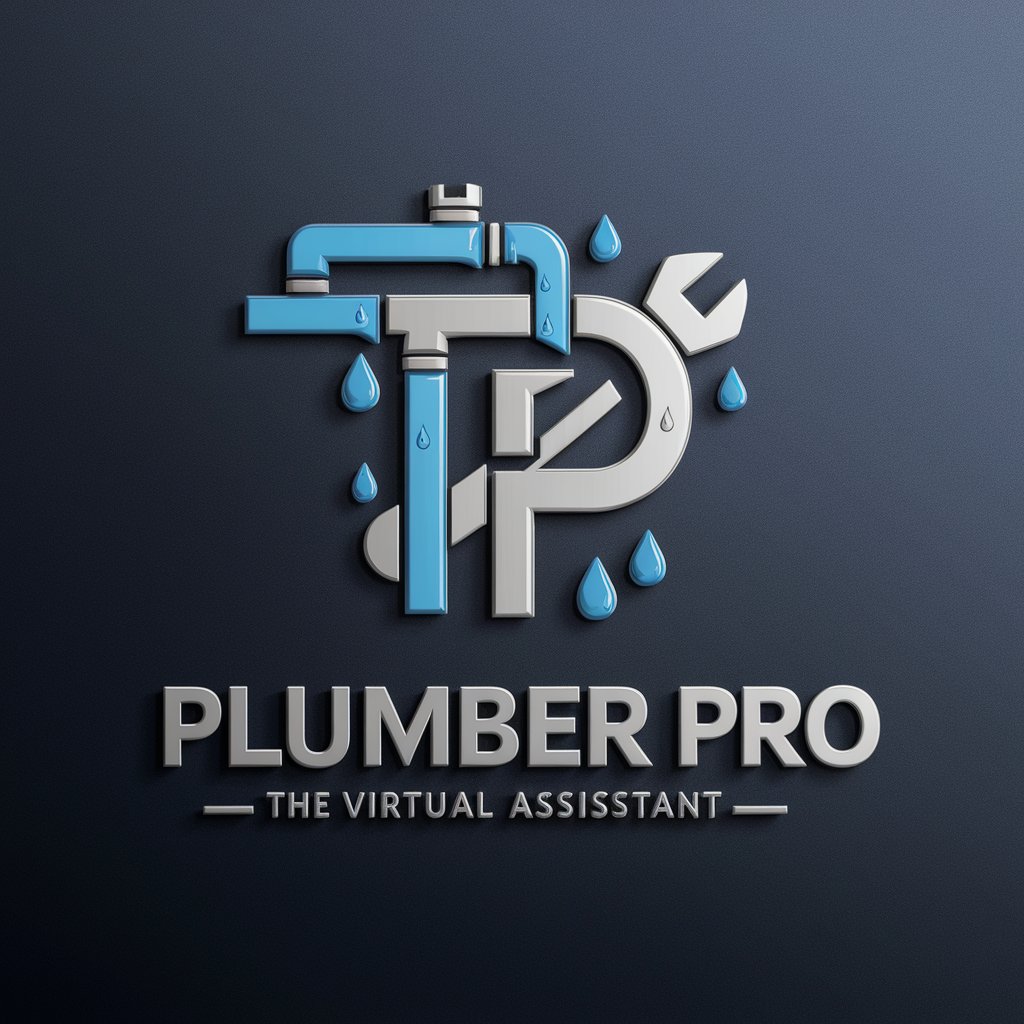
Design Mentor
Empowering Design with AI Insights

性健康导航
Empowering Intimate Well-being with AI

Sales Ace
Empowering sales with AI-driven insights
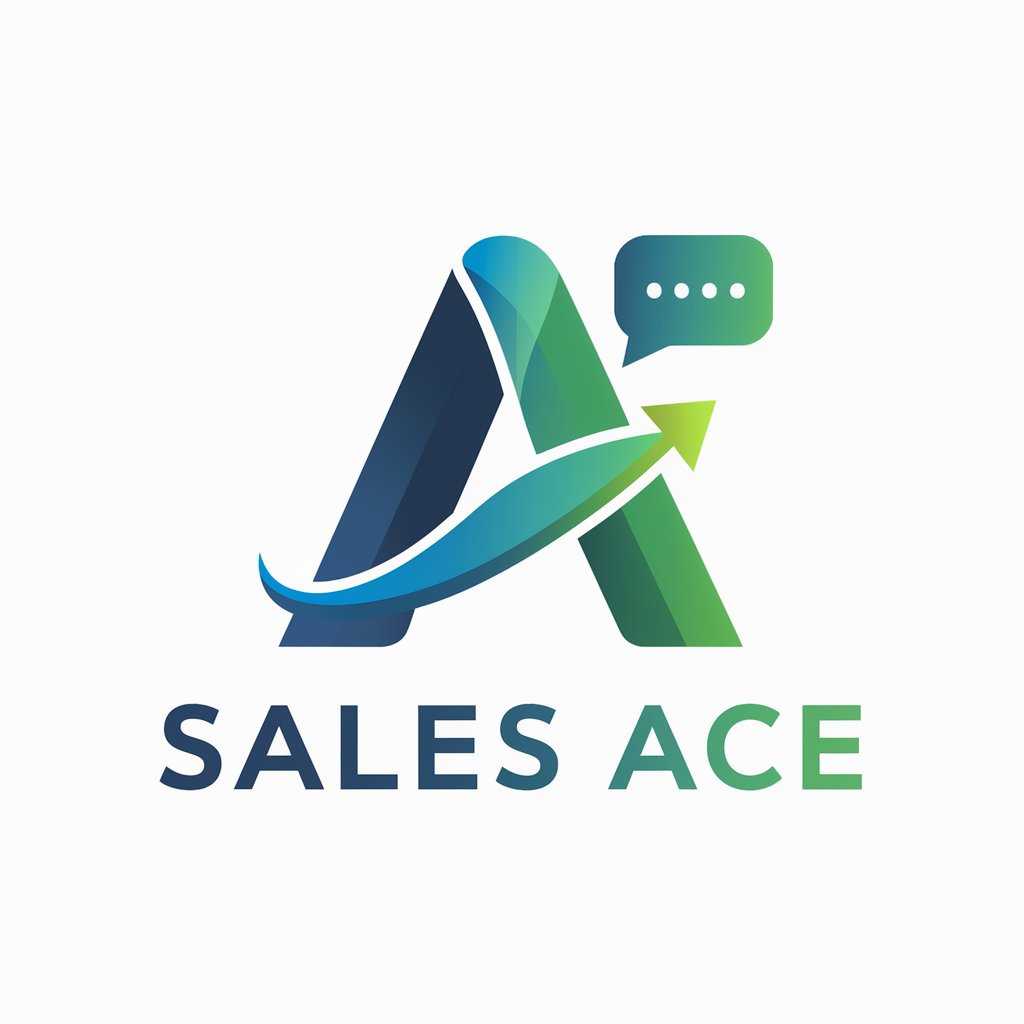
Food Diary Analyzer
Unlock dietary insights, empower health.

COA
Empower Your Queries with Contextual AI
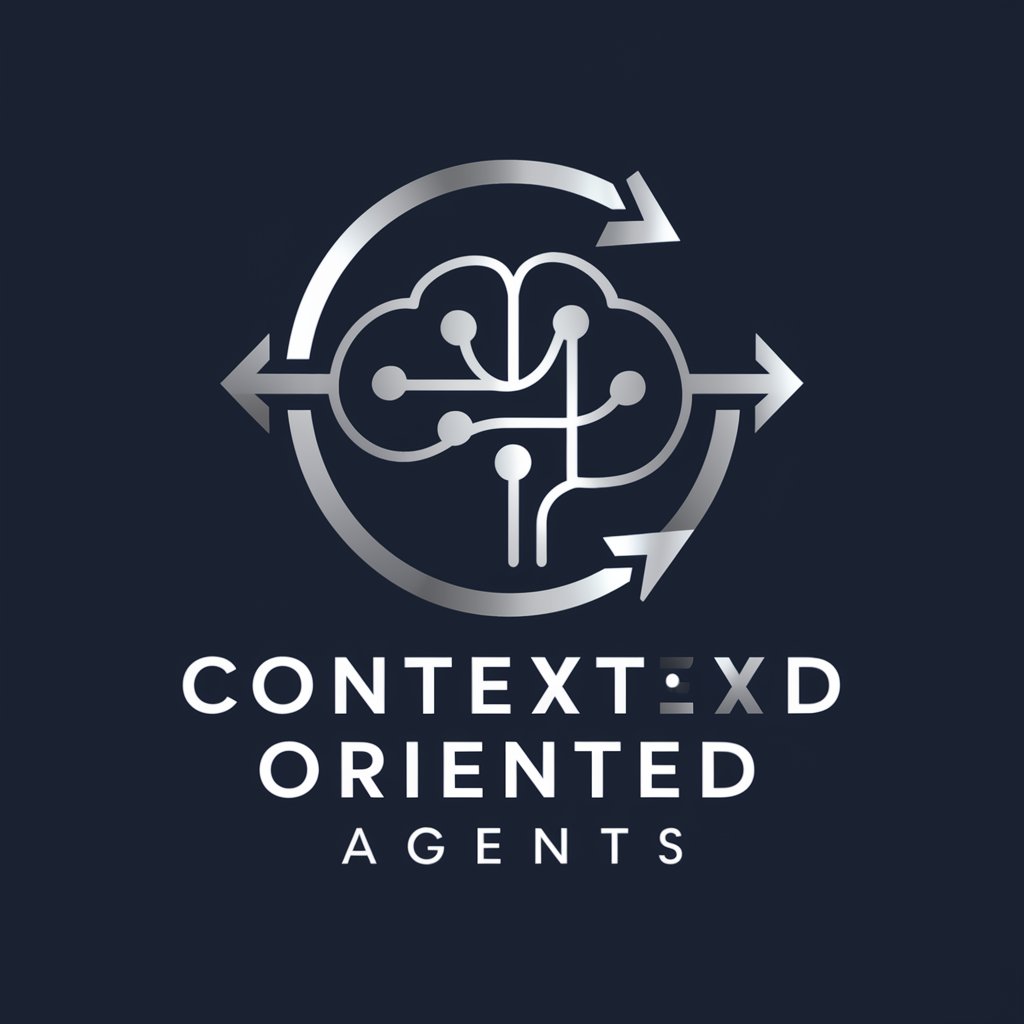
English Comprehension Assistant
Empowering language learning with AI
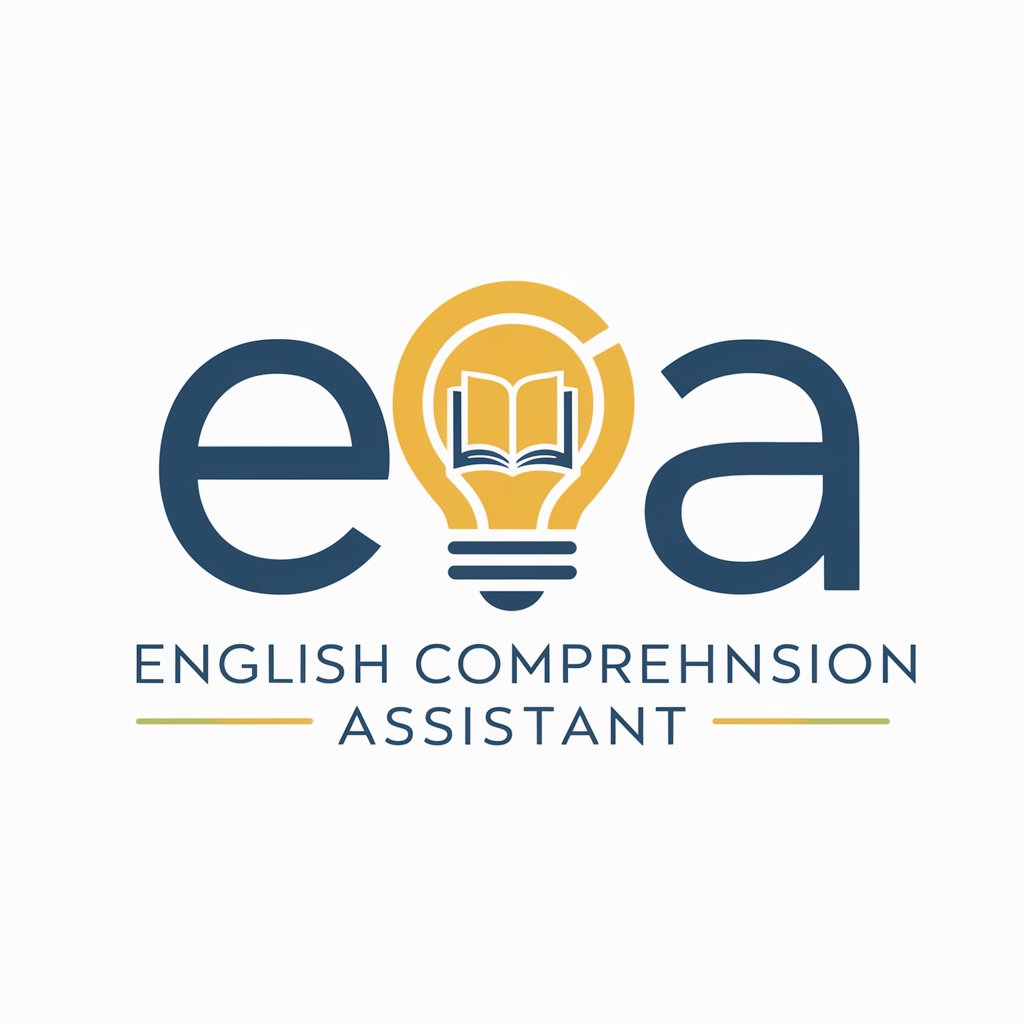
Mastering Maths Primary
Making Maths Fun with AI
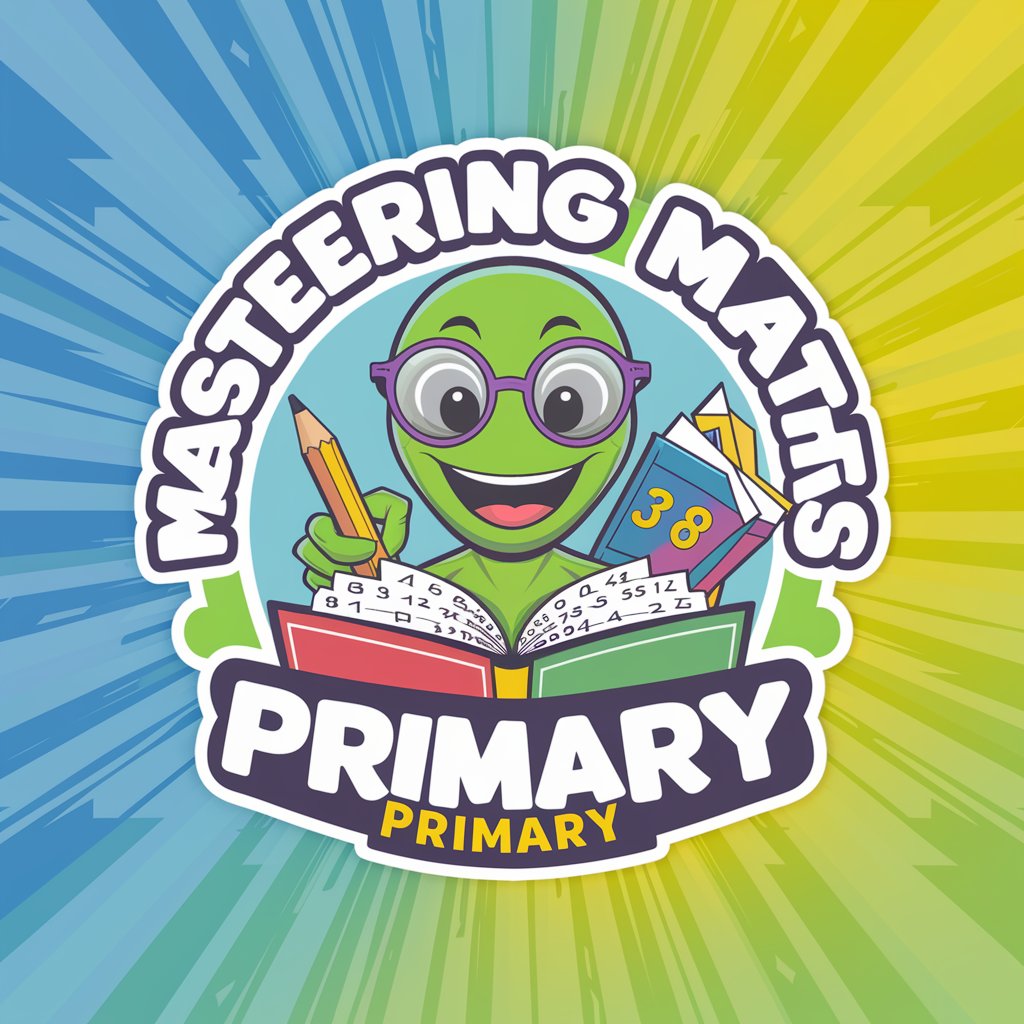
ランダムGPT
Ignite Conversations with AI-powered Diversity
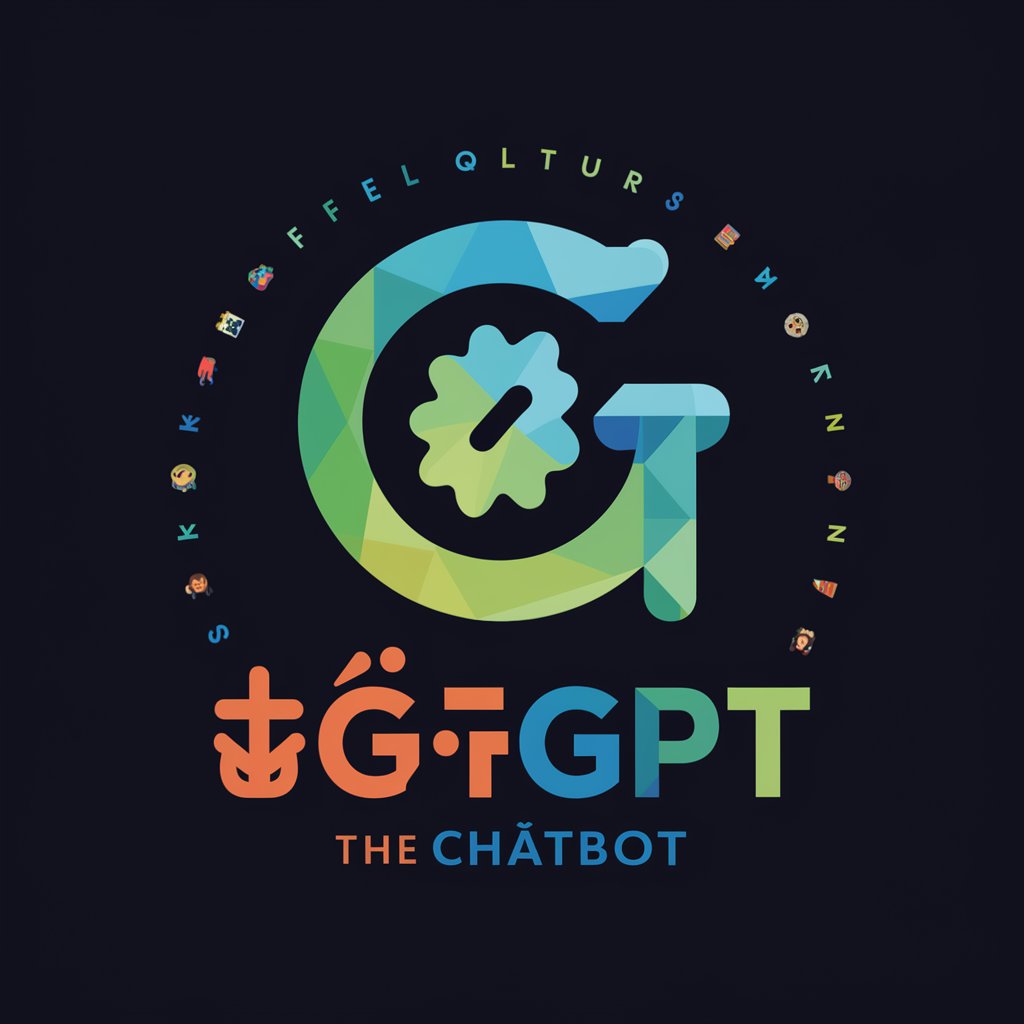
DECIPHERON 🧪
Unlocking the Secrets of GPT Models

Frequently Asked Questions about Coach Therapy Guide
What makes Coach Therapy Guide unique?
Unlike generic coaching tools, it integrates a variety of therapeutic approaches and business coaching strategies specifically designed to support individuals with ADHD, depression, and anxiety in managing their businesses.
Can Coach Therapy Guide replace therapy?
While it offers substantial support and strategies, it is not a substitute for professional therapy. It's a supplemental tool to provide consistent guidance and aid in personal and professional development.
How often should I use Coach Therapy Guide?
Usage can be tailored to your needs, but regular engagement, such as daily or weekly, is recommended to effectively apply and adapt strategies for managing personal challenges and business tasks.
Can Coach Therapy Guide help with time management?
Yes, it offers strategies for organizing and prioritizing tasks, time-blocking, and maintaining consistency in habits, all of which are crucial for effective time management.
Is Coach Therapy Guide suitable for any type of business owner?
Absolutely. Whether you're a solo entrepreneur, a startup founder, or running a small business, the guide's strategies can be adapted to suit your unique business and personal development needs.


